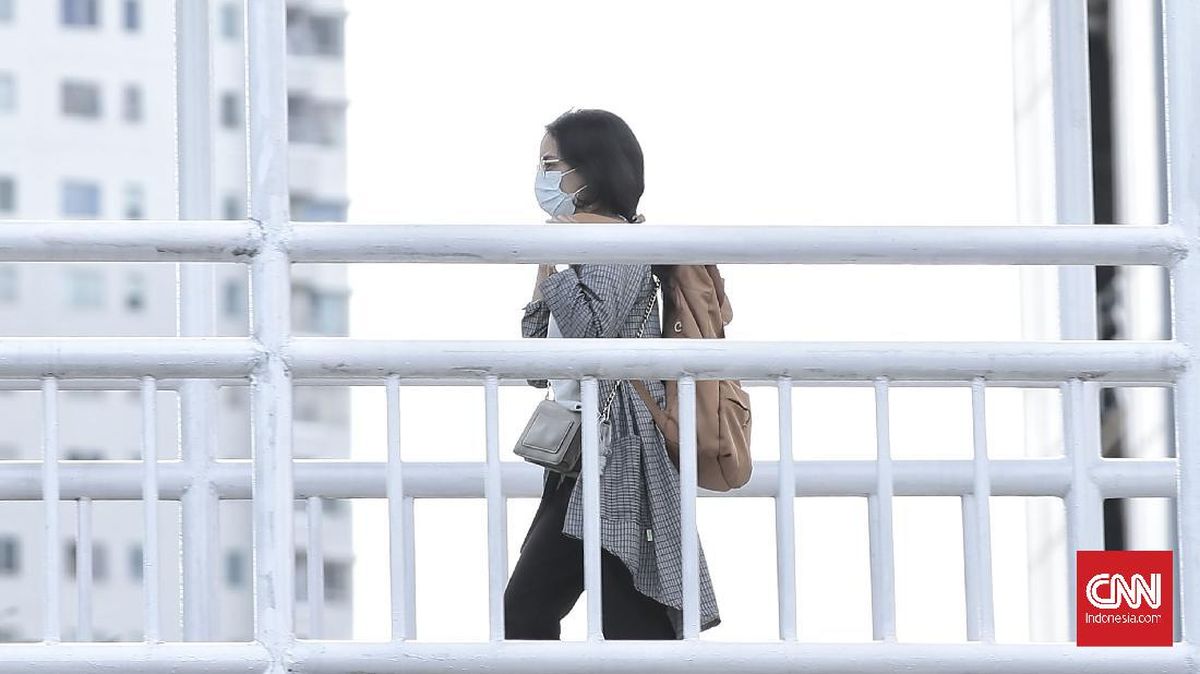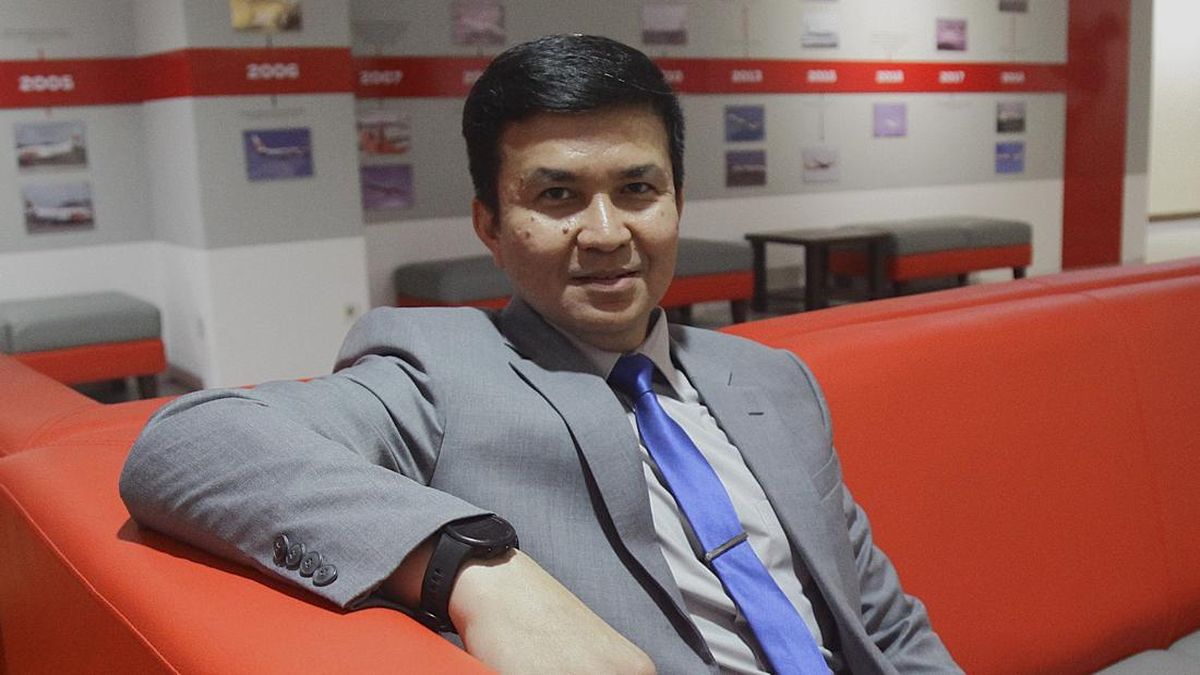Reserve Bank governor Michele Bullock has ridiculed the nation’s banks and credit card providers, dismissing claims they will cut spending to prevent card fraud in response to plans by the RBA to slash fees paid by shoppers when they use their 60 million credit and debit cards.
In some of her strongest ever public comments, Bullock used a parliamentary committee to round on the banks while accusing them of effectively “shooting themselves in the foot” by trying to protect their profit margins and incentives to high-income customers to continue using credit cards.

Reserve Bank governor Michele Bullock has rejected dire warnings by commercial banks that plans to restrict how much they can charge shops to use credit and debit cards will force them to cut anti-fraud spending.Credit: Alex Ellinghausen
Banks and providers such as Visa have vigorously pushed back at a plan by the RBA to ban card surcharges by July next year in a move the bank says would save the nation’s shoppers about $1.2 billion a year.
The RBA is pushing to lower the cap on interchange fees that businesses have to pay payment service providers (including fintechs such as Square) as well as banks that provide terminal technology.
The biggest losers from the move would be the banks and card providers, who face a $900 million cut in income.
In a submission made as part of the RBA’s consultation, the NAB warned if interchange fees were capped then it would “not be able to cover” essential costs of processing transactions, including fraud detection.
Loading
Visa went further, saying the proposals could result in reduced investment in the payments system, with “consumers and businesses using these products at a disadvantage with regard to security”.
But Bullock said the banks’ arguments made no sense, given they would continue to make money from their payments systems. Reducing fraud detection would actively encourage consumers to go to competitors.
She said the real argument was around interchange fees and how much money banks and card providers make from these.
“They do still make money out of this,” Bullock said. “I think this idea that somehow they’re going to be losing money on this, I really don’t understand that argument at all.
“They provide these services, these cards, and they make their money back through a variety of ways, and curtailing fraud protection to try and save money, ultimately, will not be good for them, and it won’t be good for the payment system.
“I don’t think that is something that realistically we would see.”
Opponents to the RBA’s proposals have warned they could encourage providers to reduce incentives such as frequent flyer points on credit cards.
Bullock said cutting these incentives would be up to the providers, noting those people accumulating frequent flyer points were effectively being subsidised by consumers – usually lower income and younger people – who used debit cards for their payments.
Loading
“It’s funding people who are wealthier, higher incomes to get loyalty points. Who is paying those high prices? It’s the consumers that don’t use the credit cards, which are younger people, younger people, [those you use] debit cards.”
Under laws passed this year, companies that fail to reasonably detect or prevent frauds and scams face fines of up to $50 million.
Bullock said she believed fraud prevention was a cost that could be covered by interchange fees.
Labor MP and committee member Jerome Laxale said the Reserve Bank had called out the “outrageous and misleading threats” of banks and card issuers.
“The RBA has effectively called ‘bullshit’ on the banks’ threats to reduce investment in fraud and scam protection as a result of the government’s push to ban surcharges,” he said.
“Scam and fraud prevention are not optional. I’d encourage the RBA to call the banks’ bluff, and ensure that reforms further reduce costs for small businesses and stop unfair surcharges on consumers.”
But Australian Banking Association (ABA) chief executive Simon Birmingham said it was a fact that the Reserve Bank’s proposals would reduce one source of revenue that pays for fraud prevention, with consumers forced to fund that work by paying more elsewhere.
“What the RBA hasn’t considered is whether consumers will welcome the alternative of higher up-front fees and shorter interest-free periods, all while most of the remaining interchange fees are siphoned off to foreign multinationals like Apple and Google,” he told this masthead.
“The ABA believes there are better ways to ban surcharging and help small businesses, which we urge the RBA to adopt instead.”
Submissions to the RBA on its proposals closed in August. It plans to complete a final report and reveal a timetable to roll out its changes to the payments system by the end of the year.
Cut through the noise of federal politics with news, views and expert analysis. Subscribers can sign up to our weekly Inside Politics newsletter.
Most Viewed in Politics
Loading


















































